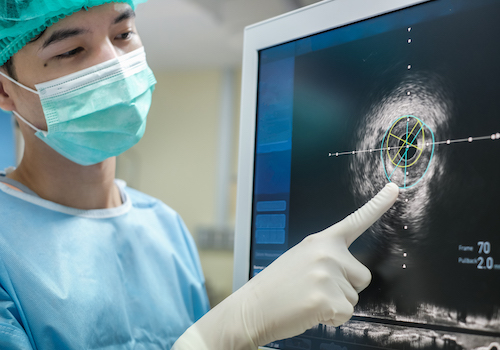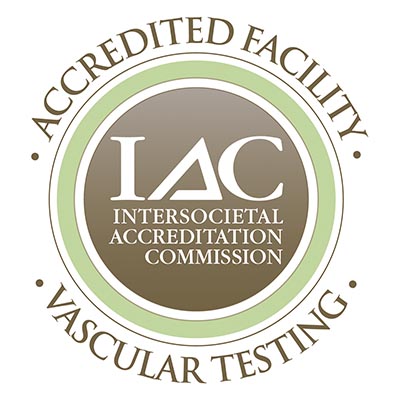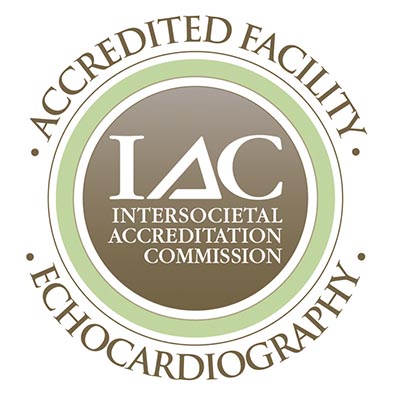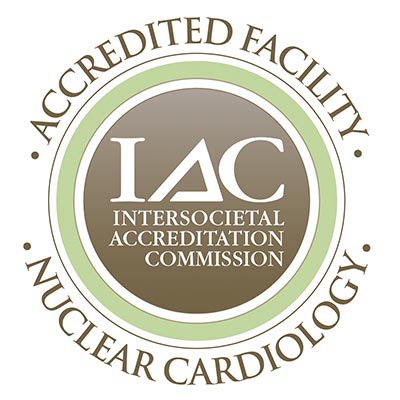Your heart beats an average of once per second, which makes it one of the hardest working organs in the body. Therefore, seeing it in action is an important part of evaluating and diagnosing disorders of the heart such as heart disease, leaky heart valves and defects in the size and shape of the heart. Various tests help determine what is causing symptoms, help us monitor your heart, and find out if your treatment is working.
Northside Hospital Heart Institute is committed to introducing the most recent technology to provide exceptional patient care and accurate diagnosis of heart disease because we recognize the value of high-quality imaging. For this reason, we utilize sophisticated imaging modalities such as cardiac MRI, cardiac CT, nuclear medicine, and the latest in ultrasound imaging technology.

Comprehensive Medical Imaging of Your Cardiovascular System
At Northside, specially trained radiologists and certified cardiovascular technologists offer a full spectrum of non-invasive diagnostic testing for any heart and vascular need. Using advanced imaging technologies, we provide detailed pictures of your heart, monitor heart function and evaluate how well your veins and arteries are working. Our cardiovascular diagnostic imaging services include:
- Abdominal aortic aneurysm (AAA) test: Through abdominal ultrasound, abdominal and pelvic CT or angiography, these AAA tests will determine any weakness in your aorta due to atherosclerosis or plaque buildup.
- Cardiac magnetic resonance imaging (MRI) scan: A cardiac MRI shows doctors how well your heart is working by creating detailed pictures that provide both anatomic and functional information.
- Carotid artery ultrasound: Painless and safe, a carotid ultrasound checks the blood flow in your carotid arteries to identify narrowing or blockages that affect your blood flow.
- Nuclear Stress Testing: These scans show doctors how well your heart is functioning and allows them to diagnose coronary artery disease (CAD) or identify damage due to a heart attack.
- Stress echocardiogram: This type of stress test allows your doctor to monitor your blood pressure and heart rhythm while you exercise and view ultrasound images of your heart before and after exercise, to determine if your heart muscles are getting enough blood and oxygen.
- Cardiac computed tomography (CT) scan: The scan looks for plaque build-up, a substance made of fat and calcium that can narrow or close the arteries that supply blood to the heart.
- Fractional Flow Reserve – Computed Tomography (FFR-CT): A non-invasive procedure (no incisions required/small puncture/low to moderate sedation) that uses HeartFlow Analysis, to provide your doctor with a 3D model of your coronary arteries (arteries that supply blood to your heart) as a way to identify any potential blockages.
- High-Resolution Echocardiography including 3D and strain imaging: Through ultrasound technology, your doctor can take moving pictures of your heart to determine any structural or function issues within your heart.
- Cardiac PET: A noninvasive nuclear imaging test uses radioactive tracers (called radionuclides) to produce pictures of your heart. It is used to diagnose coronary artery disease and identify damage to the heart due to a heart attack.
- Cardiac PET/CT myocardial perfusion scan images blood flow to the heart muscle at rest and stress to detect coronary artery disease
- Coronary artery calcium CT (calcium scoring) to estimate your risk of heart disease
- Exercise stress tests allows your doctor to monitor blood pressure and heart rhythm while you exercise.
- Peripheral artery disease (PAD) ultrasounds to identify the presence of plaque in your limbs
- Single-photon emission computed tomography (SPECT)
- Transesophageal echocardiogram (TEE) placing a special ultrasound probe down your esophagus to get a closer look at your heart structure and function
- Vascular Ultrasound to identify any issues within your arteries and veins.
Proactive Approach to Heart and Vascular Wellness
At Northside Hospital Heart Institute, we know early detection is the answer to life-long heart and vascular wellness.
Our physicians use the full diagnostic medical imaging capabilities of Northside Hospital Heart Institute to diagnose both routine and complex heart and vascular conditions. We also offer extensive screening tests to assess your risk of cardiovascular diseases. Our screening tests include:
- Coronary artery calcium CT (calcium scoring) to estimate your risk of heart disease
- Exercise stress tests to determine how well your heart responds during exercise while your heart rate is monitored via an electrocardiogram (EKG)
- Lipid panel blood tests to determine your cholesterol and triglyceride levels
- Peripheral artery disease (PAD) ultrasounds to identify the presence of plaque in your limbs
At Northside Hospital Heart Institute, our care team will help you learn how to manage your heart health, such as making simple lifestyle changes to stay healthy – like taking a daily walk and staying more active. While exercise is a crucial component to heart health, diet also plays an important role. We’ll help you learn nutrition tips and create heart-healthy menus that will improve your cardiovascular health.



